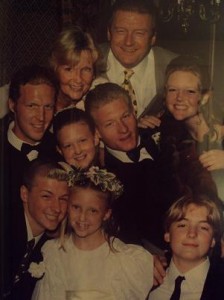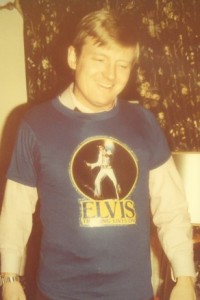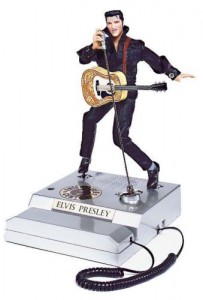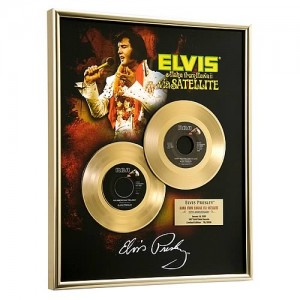Nate’s family came from western Illinois, mine from the Chicago area. Once we had children, we made good use of route 80, our link between four loving grandparents.
I remember one summer when Nate and I took our then-five children to visit Grandma and Grandpa Nyman, 210 miles from home. We were able to stay an extra night when Nate decided he could take a train directly to Chicago’s Loop early Monday morning. The five kids and I would follow on Monday afternoon in the family car, a robust Jeep Cherokee.
 After waving goodbye, we started down route 80, the car windows open and the music playing loudly on the cassette player. Our children, ages 12, 10, 8, 4 and 2, were all enjoying the trip when we pulled off for gas and a bathroom break. But as the Jeep slowed, we heard a raucous banging coming from under the hood.
After waving goodbye, we started down route 80, the car windows open and the music playing loudly on the cassette player. Our children, ages 12, 10, 8, 4 and 2, were all enjoying the trip when we pulled off for gas and a bathroom break. But as the Jeep slowed, we heard a raucous banging coming from under the hood.
I pulled into a little country station in Rock Falls and left the motor running, hoping a mechanic would listen to the racket and tell me how to stop it. His news wasn’t good. “Lady,” he said, “when you turn that engine off, it’ll never start again.”
I thought he was joking, but apparently the car had run out of oil. Parts had broken off inside the engine and were crashing against each other. I considered filling the gas tank without turning the car off and resuming our trip. After all, it was still running.
While the kids raced around the gas station and the car continued to pound, I called Nate at his Chicago office. He squelched my idea to keep going and said, “Park the car wherever the gas station guy tells you, and then turn it off. I’ll come and pick you up.”
 He said that without hesitation, as if Rock Falls wasn’t over 100 miles from his office. Coming to “pick us up” was going to ruin his business day and put him behind the wheel for four hours.
He said that without hesitation, as if Rock Falls wasn’t over 100 miles from his office. Coming to “pick us up” was going to ruin his business day and put him behind the wheel for four hours.
But this is what love does. It rescues.
I like to think of Jesus in that light. He loved us so thoroughly, he made the ultimate sacrifice to rescue us, laying down his life. He could have said, “Human beings are a big disappointment and aren’t worth saving.” But his actions said the opposite.
On that summer day in Rock Falls, I’ll never forget the rush of joy we all felt when Nate’s black Lincoln came into view and turned into that tiny gas station. The 7 of us, along with four suitcases, squeezed into his car with a spirit of celebration and gratitude. Our rescuer had come.
An important question to ask myself is, do I have that same spirit of celebration and gratitude toward the grandest Rescuer of all time?
“Jesus gave his life for our sins, just as God our Father planned, in order to rescue us from this evil world.” (Galatians 1:4)






